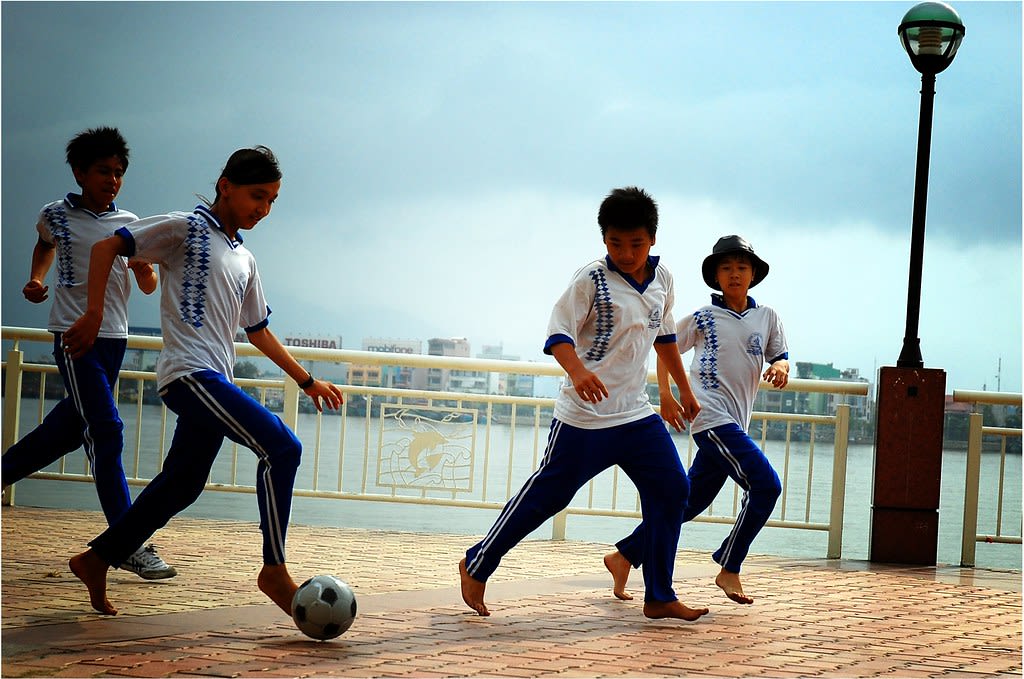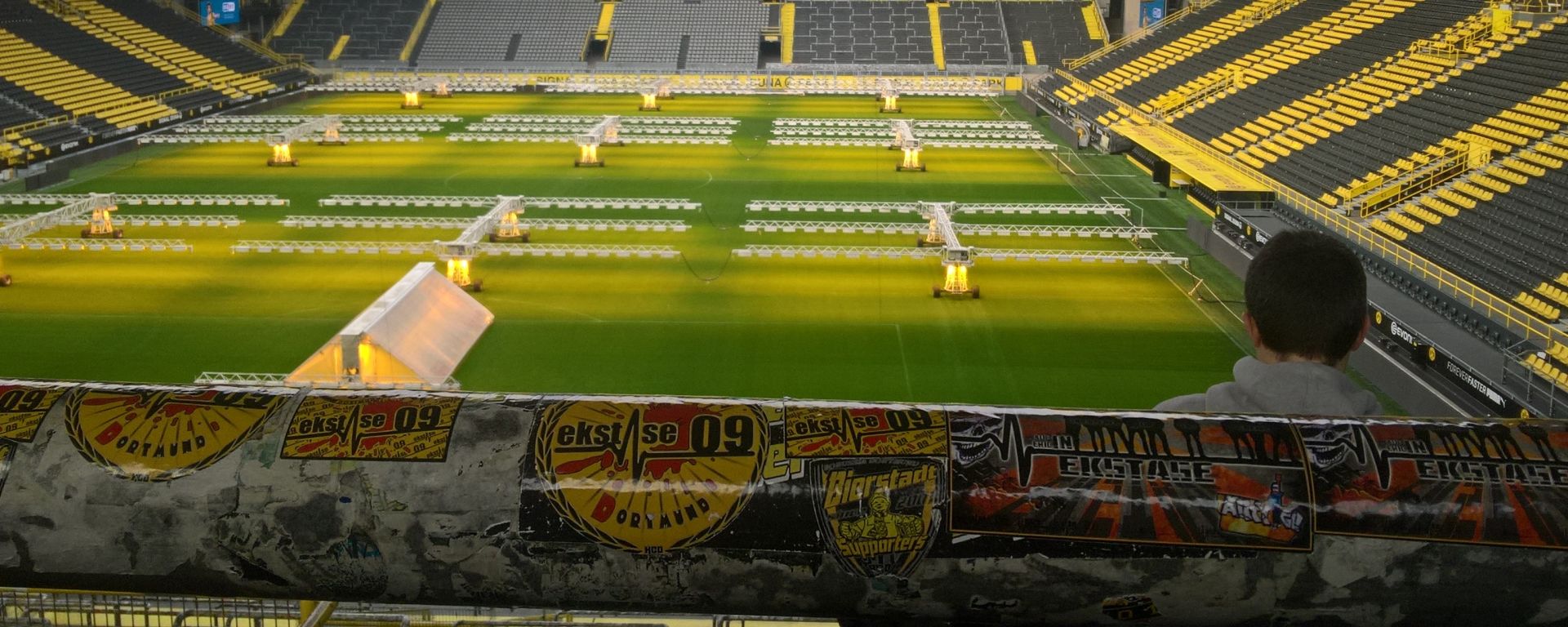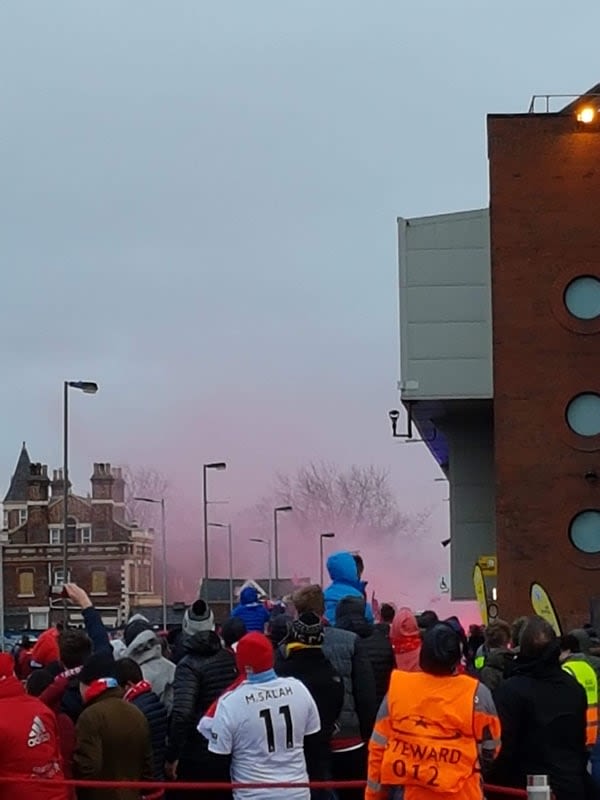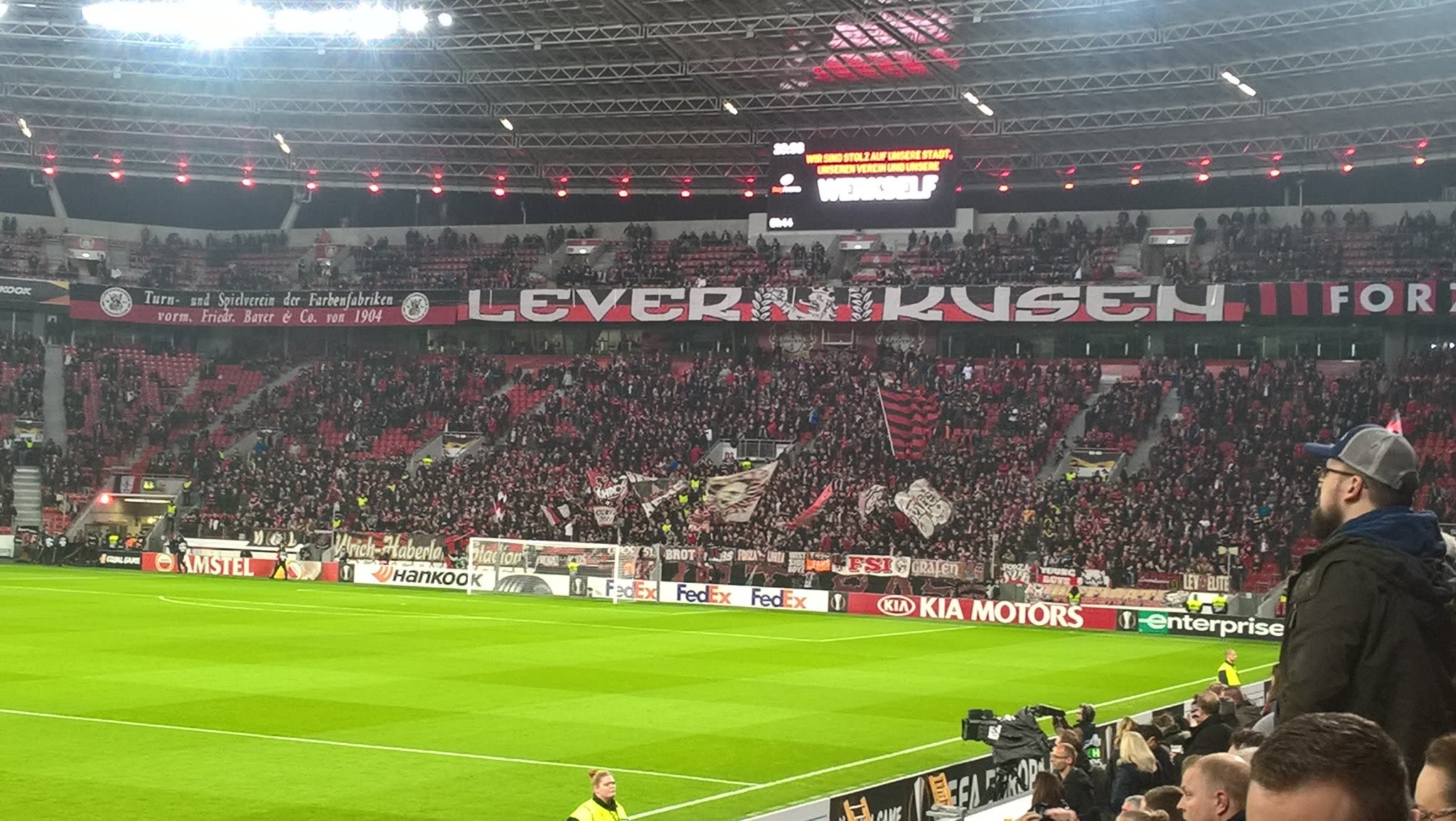Offering A Way In
Social, Cultural Identity and Inclusivity

As we saw in the first article in this series, sport has the power to both unite and divide. Offer inclusion and separatism.
Whilst we have already looked at what that means on a national scale, how can it affect those where the clubs unite a city rather than a county? A community rather than a nation?
In the second of the Power Play series looking at the cultural and social power of sport, Jason Button investigates.
Germany’s football fan culture is revered in the UK. The organised fan support and constant chanting show what is possible within developed nations. Ask many fans in the English, Scottish and Welsh Leagues who they admire as supporters, and their attention will quickly turn to the Bundesliga – the highest level of football in Germany.
Watching German fan groups show what is capable when a club and a community come together for a common cause. Victory for the pride of an area.
“I get the impression that, in many ways, English fans look up to their German counterparts. Their ability to organize themselves, unite behind common causes and protest when needed are all things English fans have been trying to imitate” says Felix Tamsut, a German freelance football writer who looks at football, politics and culture within his home nation.
Something that assists in this link between fans and cities to the clubs is the 50+1 rule. This is something which gives those following the clubs a say in how they are run.
Under rules set out by the German FA, commercial investors are only able to have a maximum of a 49% stake in a club. This ensures clubs are run to a sustainable level and ticket prices remain low.

Fan stickers on the Südtribüne of Signal Iduna Park, home of Borussia Dortmund
Fan stickers on the Südtribüne of Signal Iduna Park, home of Borussia Dortmund
“Many English fans feel that German football managed to keep itself connected to its roots, which is hardly the case in the English game” explains Tamsut.
Despite this, there is one corner of the UK in which fan culture is very much prominent. Through politics and tragedy, Liverpool FC remains as one of the last great hubs of footballing culture in the UK.
In cities which are struggling to find a single entity to rally around, Liverpool are still living that in the form of football with Liverpool and Everton. The former of the two has had a huge influence on the city.
“The obvious examples in Liverpool are championing football success in the 1980s when the local economy was nosediving and, of course, Hillsborough” says John Williams, an associate professor at the University of Leicester and an author of eight books on Liverpool FC.
“Football success and then loss around the game in 1989 offered an opportunity for the whole community to come together” he added.
The infamous Hillsborough disaster in April 1989 claimed the lives of 96 Liverpool Fans at an FA Cup semi final. Since the incident the city has rallied around the families in order to get justice for the victims after the events were wrongly reported by the tabloid press.
“Football seems able to overcome - or at least suspend - class, ethnic and faith differences to a remarkable extent, either in celebration of 'who we are' or recognition of what binds us together in loss or political resistance” adds Williams.

Liverpool fans use smoke bombs to welcome their team before a Champions League Quarter final against Manchester City. Image - Alex Taylor
Liverpool fans use smoke bombs to welcome their team before a Champions League Quarter final against Manchester City. Image - Alex Taylor
And it is these bonds between people that help fandom within sport be what it is. In a rapidly changing world, it can be live events which assist in social gatherings.
“People, for example, are living further and further away from where they work, living increasingly lives of isolation, not attending church, not going down the pub, living their lives instead vicariously on social media” says David Webber, who teaches in the School of Sport, Health and Social Sciences at Southampton Solent University.
He adds “As a result, sport and football in particular provides a vector for the collective interaction that people now lack but actually crave.
“Football is one of the last bastions of the solidarity.”

Fans at Bayer Leverkusen during their Europa League match against Krasnodar
Fans at Bayer Leverkusen during their Europa League match against Krasnodar
There are towns and cities that can live and die with their sporting teams, but in the modern age this has become more dangerous as sporting institutions look to the rest of the world for fans. “One of the things English football has lost due to the over commercialization of the game is the connection with many local fans, and that’s not the case with German football” says Tamsut.
However, there can be positive views when it comes to the globalisation of the world’s game, as Williams explains: “I think generally speaking this has been a very good thing - it has been educational and rewarding. Look at the pro-Muslim response to Mo Salah last season and now. Fans in Liverpool and elsewhere will always celebrate local players, but the capacity to import foreign stars has also become a marker of ambition for the larger English clubs.
“Xenophobia and casual racism was a regular feature of the culture. Few fans talk much or openly about race these days. Liverpool's internationalisation has also helped in diversifying the fan base. South Asian fans from outside the city are regulars now, to not much comment. I don't think racism has disappeared, but things have definitely moved on.”
Despite this, there are some nations who are still unwilling to compromise when it comes to ensuring fans feel like part of a club, explains Paul Reidy, a freelance journalist who spent time as a Rayo Vallecano season ticket holder in Spain.
“I became aware that as the years went by, fans were becoming more and more superfluous to both club directors and football governing bodies in Spain and indeed in many other countries” he explained.
Fan culture is still in its element across the world, and now new areas including North America are looking to add to tradition as Reidy explains: "it's interesting to see supporters of MLS clubs cherry picking the best elements of Argentinian, Italian and even Eastern European fan culture mixed with traditional US sporting nuances to create a unique way of enjoying the game and following a club.”
It seems like fan culture continues to thrive on both a local and international stage across the globe, but throughout sport there are people who are still unable to feel like part of the special world of sport.
In the next part of this series, we will be looking at groups who may not be represented through a lack of diversity within sport and fangroups themselves.

